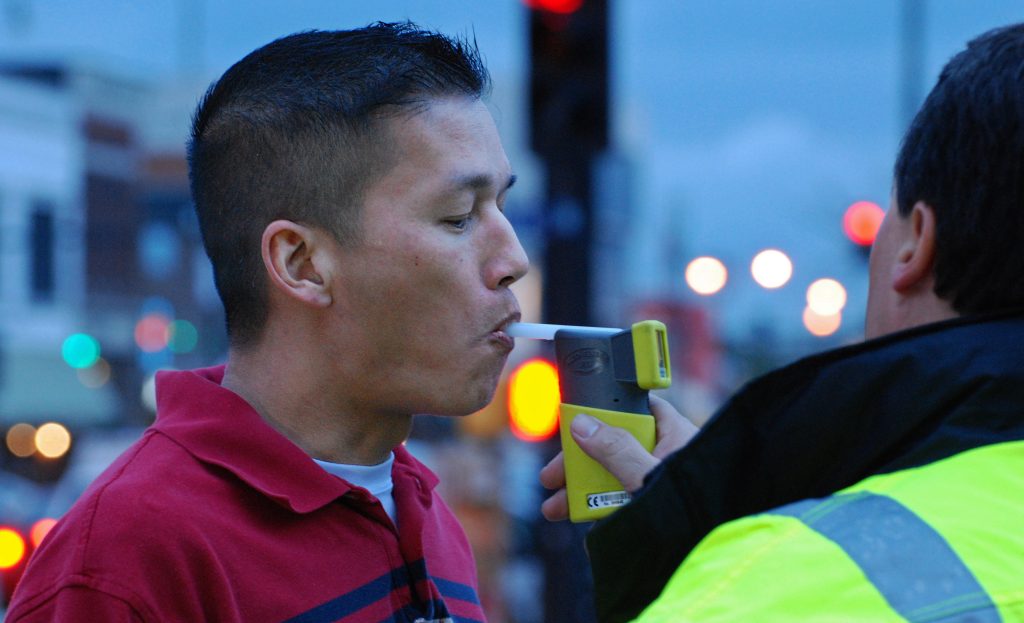Circle of life: Lion population 25 years after ‘The Lion King’
Posted July 17, 2019 7:58 am.
Last Updated July 17, 2019 8:02 am.
The world fell in love with Simba and Nala 25 years ago when Disney’s original The Lion King was released on the silver screen.
Since then, the world’s real-life lion population has been devastated, declining by more than 40 per cent over the last two decades.
The release of the new live-action remake of The Lion King has prompted a reality check on how the majestic animals are faring in the wild today.
According a joint study by WildAid and Panthera, there are approximately 20,000 lions left on the African continent — that’s down from more than 200,000 lions 50 years ago.
“When Beverly and I were born, there were 450,000 lions in the world and today they’re 20,000 — that’s a 90 per cent decline just in our short lives,” says Dereck Joubert, one of two members of a world-renowned wildlife conservationist team.
Dereck and Beverly Joubert have spent the last 38 years on a mission to preserve wildlife across Africa, filming critically-acclaimed documentaries on lions in the wild and working with National Geographic.
The couple spoke to CityNews about why the new film will be a game-changer for the conservation effort.
“We’ve had a look at some of the early drawings and renditions and it’s quite nice and impressive because one of the biggest deficits we have is education in conservation, so this sets the ground work in speaking to kids about conservation and there’s not much of that going on right now,” Dereck Joubert says.
More than 90 per cent of the African lion’s habitat has been wiped out due to land development, farming and raising of livestock. Trophy hunting and canned lion hunting are also major concerns. While there are strict regulations, Canadian border officials still allow the importation of animal parts from countries where hunting is legal.
Earlier this week, an Alberta couple sparked outrage after a photo of them kissing over a dead adult lion went viral. The picture of Carolyn and Darren Carter of Edmonton was taken during a hunting trip in South Africa. It’s a reminder of how unpopular the canned hunting industry is among those who are trying to increase the lion population.
“We need people to lobby governments, the Canadian government, to ban the importation of trophies, of lions, of skins of ivory,” Dereck Joubert says.
Photographer Beverly Joubert agrees with that sentiment, saying “What we always look at is there’s a problem, but what is the solution? And how can we make the area better so we keep it wild and how do we keep the communities better so they can benefit.”
Canadians are among those helping to find a solution on the ground, including Caledon resident Greg Gubitz, who is the co-founder of Big Life Foundation Canada.
“I think many people don’t understand what’s happened to lions and a movie with the power of The Lion King will hopefully draw attention to the plight of the lions and get people more aware of the problems, so I couldn’t think of a better movie to make,” Gubitz says.
Big Life is an organization that helps conserve wild life in the Amboseli region of Kenya. In 2003, Gubitz says the lion population in that area was down to just 10. The group has started a fund that helps pay out local farmers who’ve had their livestock killed by a lion.
“We will compensate you a portion of the value of that livestock — provided that nobody in the community kills in retaliation a lion, for the next 90 days,” Gubitz says. “So today, in that same area where I said there were 10 lions, there are 200 lions today. Unqualified success.”
Last year, Big Life Foundation Canada paid out more than US$100,000 in compensation, and say Canadians can help the cause by donating to their fund.
Disney has started the “Protect the Pride” campaign, to raise awareness and money for the Lion Recovery Fund. In partnership with organizations including Panthera, the campaign aims to double the number of lions in the wild by 2050.
The Lion King remake hits theatres on July 19.
For more information on the conservation effort and ways to donate, click on the links below.










